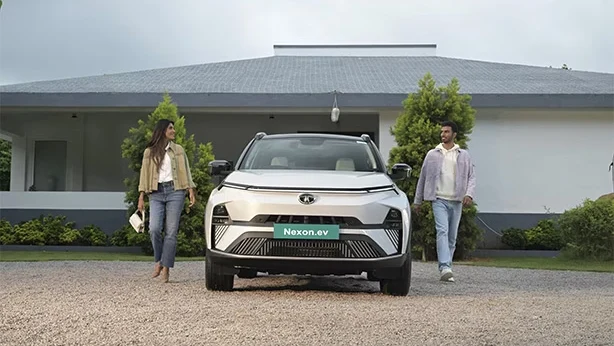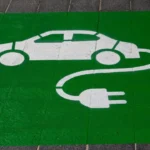What if buying a luxury electric car in India suddenly became much cheaper, but only if global companies promised to build factories here? According to MoneyControl, this is exactly what India’s new electric vehicle manufacturing scheme offers, and it could completely change how the world sees India as a car-making destination.
HD Kumaraswamy, India’s Union Minister for Heavy Industries, announced this groundbreaking policy on June 2, 2025, though it was first promised back in March 2024.
The scheme creates a special pathway for companies like Mercedes-Benz, Kia, Hyundai, Skoda, and Volkswagen to enter India’s electric car market, while domestic players like Tata Motors and Mahindra & Mahindra can also benefit.
Understanding the New Rules: A Game-Changing Deal
The core offer is simple but revolutionary. Companies can import electric cars at just 15% import duty instead of the crushing 70-110% they pay now. Think of it this way: if a luxury electric car costs $50,000 abroad, the old system would add $35,000-$55,000 in taxes, making it unaffordable for most Indians.
| Old Import Duty | 70-110% – This made foreign electric cars extremely expensive, often doubling their price for Indian buyers |
| New Reduced Duty | 15% – A massive reduction that makes premium electric cars accessible to more Indian customers |
| Annual Limit | 8,000 cars maximum – Companies cannot import unlimited vehicles; they must commit to local production |
| Investment Requirement | Rs 4,150 crore minimum – About $500 million that companies must invest in Indian manufacturing facilities |
What Companies Must Actually Do to Qualify
The eligibility requirements are deliberately strict to ensure only serious manufacturers apply. As Kumaraswamy explained, “With a minimum investment threshold of Rs 4,150 crore, it provides an enabling policy environment for leading global and domestic players to establish long-term manufacturing footprints in the country.”
- Prove Financial Strength: Companies must show Rs 10,000 crore annual revenue from car manufacturing globally, plus Rs 3,000 crore in fixed assets like factories and equipment, according to NDTV Profit
- Start Production Quickly: PIB requires manufacturers to begin making electric cars in India within three years of approval, not just import them forever
- Increase Local Content: Autocar Professional notes companies must achieve 25% domestic value addition within three years, meaning one-quarter of each car’s value must come from Indian parts and labor, rising to 50% within five years
- Invest in Real Manufacturing: TICE News clarifies that eligible investments include new plants, machinery, research facilities, and utilities, but land costs don’t count, and buildings are capped at 10% of investment
- Provide Financial Guarantee: Livemint reports applicants must give a bank guarantee equal to the total duty savings or Rs 4,150 crore, whichever is higher, ensuring they fulfill commitments
Why This Matters for India’s Electric Future
This scheme supports three major national goals. First, “Make in India” aims to transform India into a global manufacturing hub. Second, “Aatmanirbhar Bharat” means making India self-reliant in key industries.
Third, India wants to achieve Net Zero carbon emissions by 2070, requiring massive adoption of clean vehicles. Currently, electric vehicles represent only 2.5% of car sales, but India targets 30% by 2030 – a twelve-fold increase.
As Kumaraswamy noted, “By mandating DVA targets, the scheme will further boost the ‘Make in India’ and ‘Aatmanirbhar Bharat’ initiatives, while empowering both global and domestic companies to become active partners in India’s green mobility revolution.”
Companies have until March 15, 2026 to apply, with a Rs 5 lakh application fee. This strategic gamble could position India as the world’s next major electric vehicle manufacturing destination.











